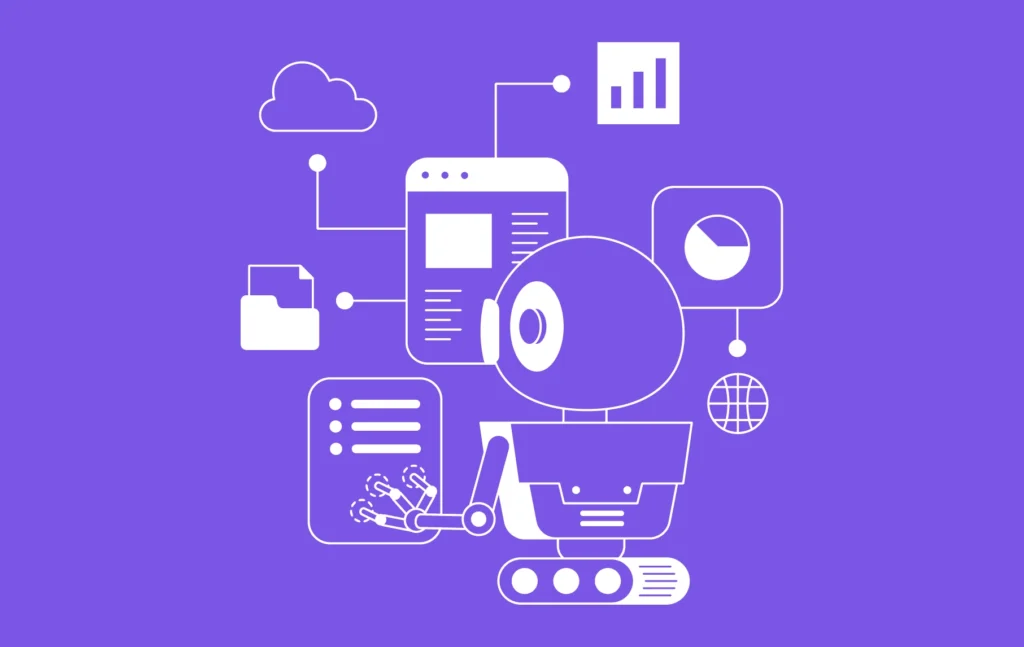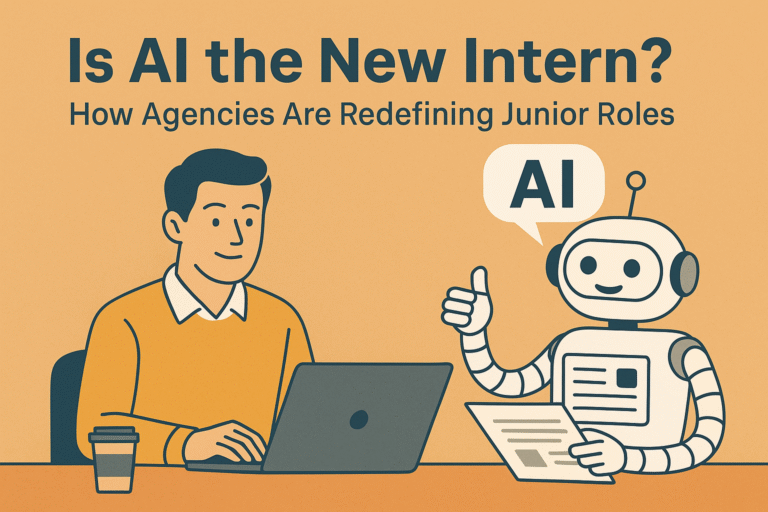
In today’s fast-paced digital world, businesses are constantly looking for ways to connect with consumers and build trust. With the rise of artificial intelligence (AI), marketers have a powerful tool to strengthen consumer relationships. But can AI really help in building trust? This article will dive deep into how AI is transforming marketing and how brands are leveraging it to earn consumer confidence.
1. What Does Trust Mean in Marketing?
Trust is a vital component of any marketing strategy. For consumers, it means they feel confident in the brand, believe in its values, and trust its promises. Trust is built on consistent, transparent, and authentic communication. Marketers aim to nurture this trust through various techniques, and AI plays a crucial role in making it more efficient.
Example: Brands like Amazon and Apple are prime examples of companies that have established trust through personalized experiences and seamless customer service, both powered by AI.
2. AI in Personalization: The Key to Building Trust
Personalization is one of the most effective ways to build trust. Consumers appreciate when brands tailor content, offers, and recommendations to their needs and preferences. AI helps by analyzing large datasets and predicting what consumers want, making experiences feel more relevant.
Tools to Use:
- HubSpot – AI-powered tools for email marketing, personalization, and automation.
- Optimizely – AI-driven experimentation and personalization platform for improving digital experiences.
Example: Netflix is a great example of AI-driven personalization, where its algorithms suggest movies and shows based on past viewing behavior. This personalized approach creates a bond with users, enhancing trust in the platform.
Also Read : The Role of AI in Sustainable Marketing: Revolutionizing Eco-Friendly Strategies
3. AI for Enhanced Customer Service and Support
Good customer service is a cornerstone of building trust. AI-powered chatbots, virtual assistants, and automated systems allow brands to offer faster and more accurate responses to consumer inquiries, which builds trust by ensuring customers feel heard and valued.
Tools to Use:
- Drift – AI-powered chatbots for real-time communication with customers.
- Zendesk – Provides AI solutions for customer support that optimize response times and accuracy.
Example: H&M uses AI-powered chatbots to assist customers in finding products, answer questions, and offer styling advice. This personalized service builds a reliable and trustworthy relationship with customers.
continue reading…


